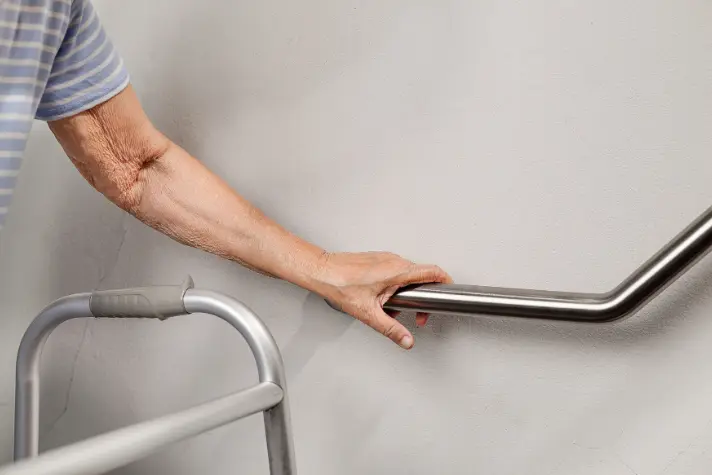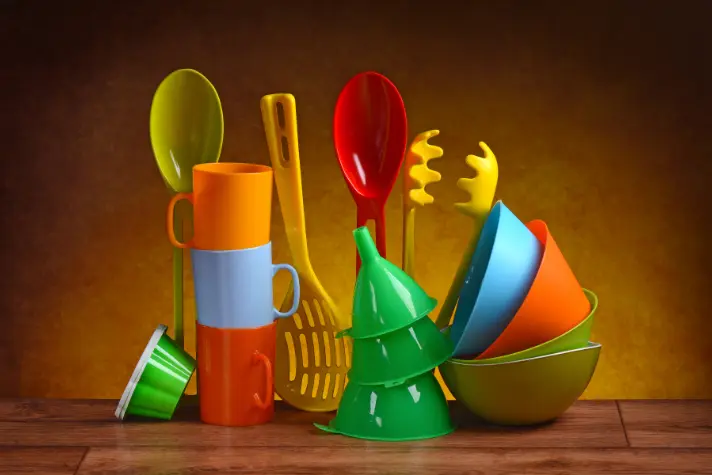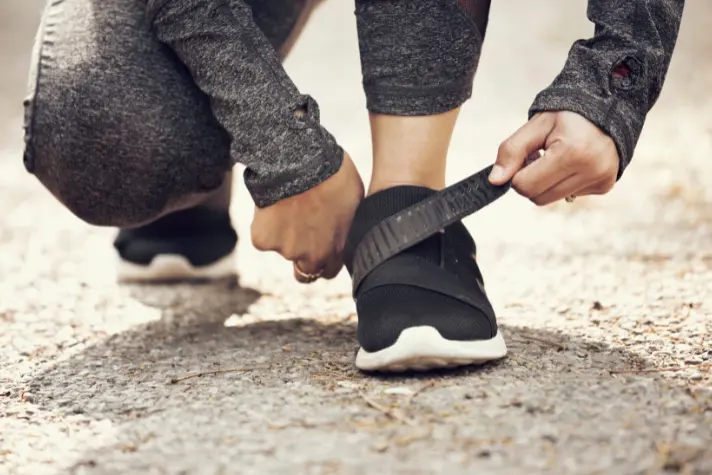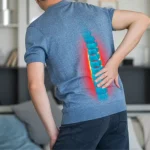
As we age, maintaining independence and comfort in daily life becomes increasingly important. For seniors and their caregivers, certain daily living aids can make a significant difference in achieving these goals.
10 Tools for the Elderly
In this article, we will explore daily living tools for the elderly designed to enhance the quality of life for seniors, providing both independence and comfort.
1. Mobility Aids

– Walkers and Rollators:
Walkers and rollators are essential mobility aids for seniors who may have difficulties with balance or walking. Walkers typically have four legs and provide stability, while rollators come with wheels for added ease of movement. These aids often feature comfortable handgrips and height-adjustable options to cater to individual needs. Additionally, some rollators come with seats and storage compartments, making them multifunctional tools that allow seniors to take a rest or carry essential items during walks.
– Cane or Walking Stick:
Canes and walking sticks are versatile aids that provide balance and stability. They come in various designs and materials, allowing seniors to choose one that suits their style and needs. Foldable and adjustable canes are especially convenient for travel or storage, ensuring that seniors have support whenever and wherever they need it.
Read also: How Can You Help Elderly People With Mobility Issues?
2. Home Safety Equipment

– Grab Bars and Handrails:
Installing grab bars and handrails throughout the home is a proactive safety measure for seniors. These sturdy fixtures offer support and stability in areas prone to slips and falls, such as bathrooms and staircases. The installation of grab bars near toilets and in showers provides seniors with a firm grip when getting up or moving around, reducing the risk of accidents and injuries.
– Non-Slip Mats and Tapes:
Non-slip mats and tapes are essential for creating a safer home environment. They can be placed in high-risk areas like bathrooms, kitchens, and entryways. These anti-slip solutions provide additional traction, preventing slips and falls, particularly in wet or slippery conditions. They are easy to install and can be a lifesaver in accident prevention.
3. Medication Management Tools

– Pill Organizers:
Seniors often have multiple medications to manage, which can be overwhelming. Pill organizers are designed with compartments for each day of the week, helping seniors keep track of their medication schedules. This organization ensures that medications are taken as prescribed, reducing the risk of missed doses and medication errors.
– Medication Reminder Devices:
Medication reminder devices are especially beneficial for seniors with memory challenges. These devices can be programmed to emit audible alarms or display visual reminders when it’s time to take medication. They provide peace of mind to both seniors and caregivers, ensuring that medications are taken consistently and correctly.
4. Hearing Aids

– Hearing Amplifiers:
Hearing loss is a common issue among seniors, affecting their ability to communicate effectively. Hearing amplifiers, often called personal sound amplification products (PSAPs), are discrete devices that enhance sound quality and volume. They can improve the clarity of conversations and allow seniors to engage more comfortably in social activities.
Read more: Warning Signs: What Level of Hearing Loss Requires a Hearing Aid?
5. Vision Aids

– Magnifying Glasses:
Seniors with visual impairments or difficulties reading small print can benefit from magnifying glasses. These optical aids come in various magnification levels and styles, offering a clear and enlarged view of text, documents, and objects. Magnifying glasses are lightweight and portable, making them suitable for various daily tasks.
– Large-Print Books and Devices:
Reading is a beloved pastime for many seniors, and large-print books, e-readers, and smartphones with adjustable text sizes make reading accessible and enjoyable. These tools allow seniors with vision challenges to continue enjoying their favorite books and stay informed through larger, easy-to-read text.
6. Adaptive Kitchen Tools

– Ergonomic Utensils:
Maintaining independence in the kitchen is essential for seniors. Ergonomically designed utensils with easy-grip handles reduce the strain on arthritic hands, providing better control while eating. These utensils are lightweight, durable, and often dishwasher-safe for convenience.
– Jar Openers:
Opening tightly sealed jars can be challenging, especially for seniors with limited hand strength. Jar openers are designed to make this task easier. They come in various styles, including handheld and countertop models, allowing seniors to open jars of different sizes with minimal effort.
7. Personal Emergency Response Systems (PERS)

– Medical Alert Systems:
Personal Emergency Response Systems (PERS) offer seniors and caregivers peace of mind. These wearable devices connect seniors to emergency services with the push of a button. In case of falls, accidents, or urgent medical situations, a simple press of the button ensures immediate assistance. Some PERS devices also include fall detection technology, automatically triggering alerts if a fall is detected.
8. Comfort and Support Cushions

– Seat Cushions and Back Support:
Seniors often spend extended periods sitting, which can lead to discomfort and pressure sores. Seat cushions and back support cushions provide relief by distributing pressure more evenly and providing extra comfort. These cushions are suitable for use in chairs, wheelchairs, and even car seats, allowing seniors to sit comfortably for longer durations.
– Orthopedic Pillows:
A good night’s sleep is crucial for seniors’ overall well-being. Orthopedic pillows, such as cervical pillows, contour to the neck and head, providing optimal support for a comfortable and restful sleep. These pillows can alleviate neck and back pain, ensuring seniors wake up refreshed and pain-free.
9. Adaptive Clothing

– Velcro Fasteners and Easy-Closure Garments:
Dressing independently can be a challenge for seniors with limited dexterity. Adaptive clothing with Velcro fasteners and easy-closure options simplifies the dressing process. These garments are designed to be easy to put on and take off, providing seniors with clothing that is both functional and fashionable.
10. Cognitive Support Tools

– Memory Aids:
Memory aids, such as notebooks, calendars, and reminder apps, help seniors keep track of appointments, daily tasks, and important dates. These tools serve as visual cues, aiding memory and organization. Seniors and their caregivers can use them to ensure essential tasks are not overlooked.
– Puzzles and Brain-Training Games:
Mental activities like puzzles and brain-training games can help seniors maintain cognitive function. These activities provide entertainment while exercising memory, problem-solving, and critical-thinking skills. They are a fun way to stay mentally active and sharp.
Read also: Cognitive Wellness: The Role of Memory Care in Senior Health
Conclusion
Incorporating these daily living aids into the lives of seniors enhances their independence, safety, and overall well-being. Caregivers play a crucial role in selecting and implementing these tools to create a comfortable and supportive environment for their loved ones. By carefully considering each senior’s unique needs and preferences, caregivers can make a positive impact on the lives of the seniors they care for, promoting independence and improving their quality of life.
About The Author:
Pat Baker is a senior wellness volunteer, an adaptive devices supporter, and a writer for home care agencies in the Weatherford area.




